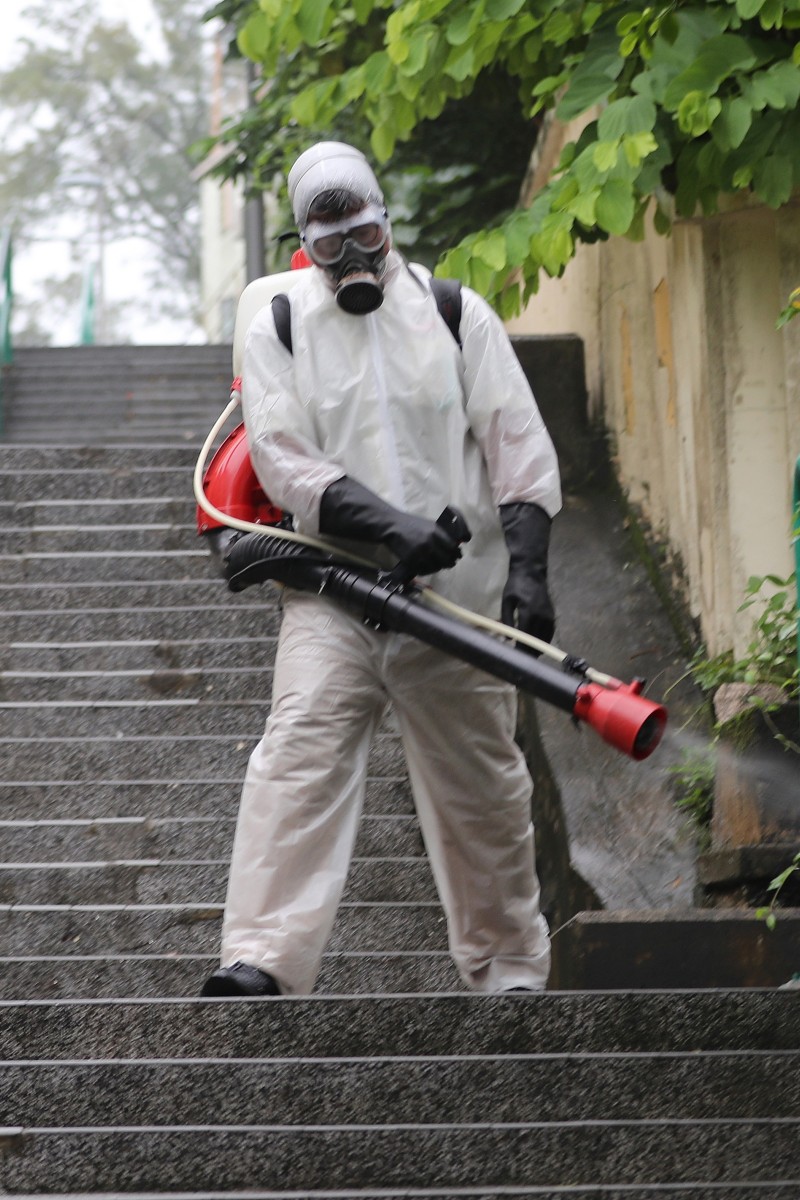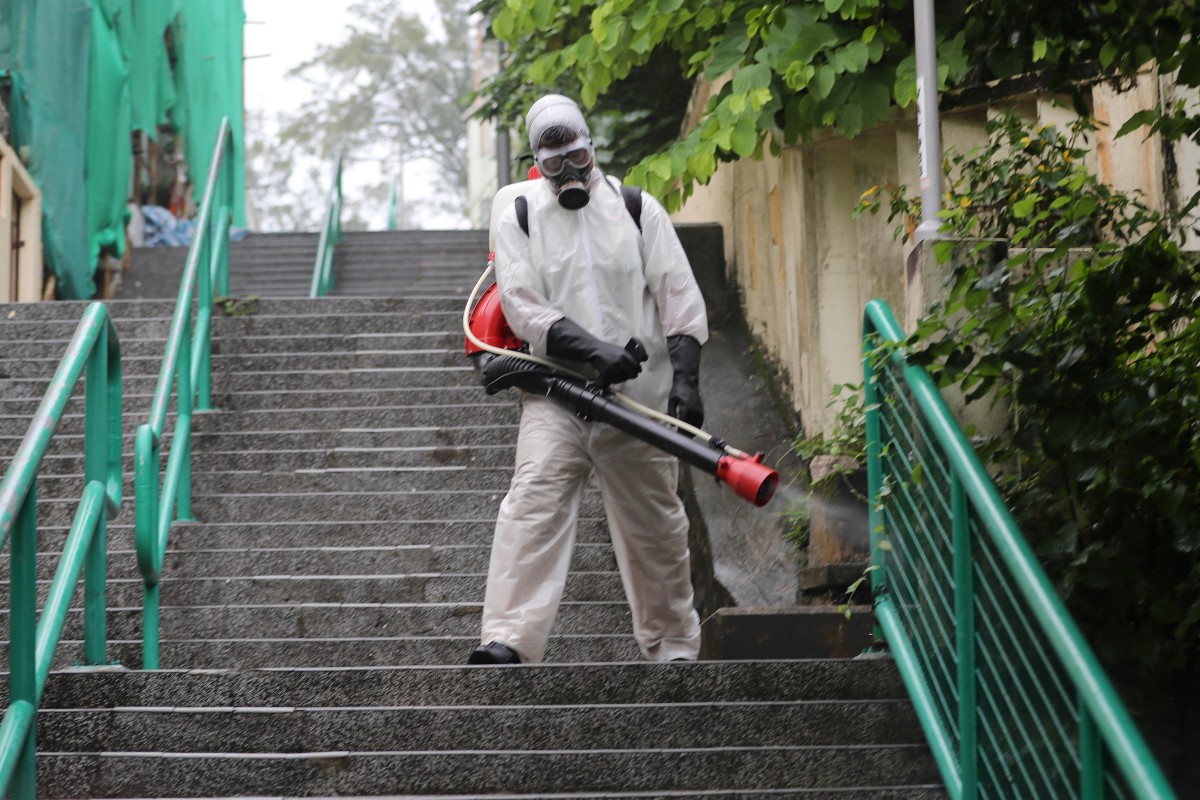
HKU professor explains why number of dengue fever cases in Hong Kong may be higher than we think
Many people with the virus may think they have a normal fever and may not go to hospital
 Mosquito-control measures have been introduced on Cheung Chau.
Mosquito-control measures have been introduced on Cheung Chau. Dr Tam Yat-hung, Clinical Assistant Professor of Practice at the University of Hong Kong, said the recent dengue fever scare is a cause for concern after 26 people contracted the virus in the city so far this year, according to the Department of Health.
“Hong Kong has not had an outbreak like this for a very long time, so the government is right to be concerned,” Tam told Young Post. “I do think the government is doing everything it can to prevent this outbreak from getting more serious.”
He added that it’s a specific type of mosquito – the adult Aedes albopictus – that carries the disease. These mosquitoes are particularly widespread in Yau Tong, Wo Che, and Tseung Kwan O North districts, while two sites popular with visitors – Cheung Chau island and Lion Rock Park – have been cited as likely sources of infection. The government closed down the park for 30 days to control the mosquito population there.
Four more dengue fever cases bring toll in Hong Kong up to 23
Tam said the total number of infections could be much higher than reported. “When most people are infected for the first time, the symptoms may not be that severe,” he explained. “Many people may think they have a normal fever and won’t go to hospital. So just focusing on the cases we’ve found and isolating them is not that effective, but we have to do it.”
Tam said the disease only becomes serious – and potentially fatal – when a patient is infected a second time, particularly with a different serotype, or strain. Dengue fever has four different strains – A, B, C, and D – with A and B the most common among humans.
Don’t panic! 5 fast facts about dengue fever
His advice to Hongkongers? Do whatever you can to protect yourself from mosquitoes.
“For example, if you get mosquitoes in your home, keep the air conditioning on as it is difficult for them to survive in that type of climate,” he said. “When going outdoors, always make sure you carry mosquito spray; and keep your eyes open, especially when you go to mosquito-infested areas.”
